This summer, three of our Polished Pebbles had the opportunity to intern at ThoughtWorks. Polished Pebbles Girls Mentoring Program strives to teach young girls professional communication, behavior, and dress to thrive in future work settings. An important part of that learning process is being in a professional work setting. These girls were able to apply their Polished Pebbles knowledge in the real world. We are proud of our young women! And we want them to share their experience with you.
Tamia Davis
My internship at ThoughtWorks was truly amazing! It gave me insight into how a company runs from the inside. They really made me feel like I was part of their team. They gave us ID badges that we got to use everyday to enter the building. You never really know how something works until you have been placed in their shoes. ThoughtWorks, inside and out, is such an outstanding company and I’m glad I got to be a part of that experience with them! ThoughtWorks is not like any other company; they are unique and like no other. Everybody at the company is so friendly and did such a great job at making us feel welcome.
into how a company runs from the inside. They really made me feel like I was part of their team. They gave us ID badges that we got to use everyday to enter the building. You never really know how something works until you have been placed in their shoes. ThoughtWorks, inside and out, is such an outstanding company and I’m glad I got to be a part of that experience with them! ThoughtWorks is not like any other company; they are unique and like no other. Everybody at the company is so friendly and did such a great job at making us feel welcome.
During my six week adventure with ThoughtWorks I learned a numerous number of skills, such as coding, sourcing, and identifying different law documents. We even got to learn about the duties of facilities, the recruiting and hiring process, and how the money and expenses of ThoughtWorks gets reported. The first three weeks, my schedule was to go to legal contracts, lunch, and then recruiting. The second three weeks, I went to finance, lunch, and then facilities.
The most exciting part of the whole experience was prompting my first test for the new hires! I also loved how we switched into the four different departments and got to bond and learn about those departments. Another exciting part of the experience was that at the end of the program…they let us keep our MacBook Pro laptops that we did all our work on! The most challenging part of it all was trying to see what I was going to wear everyday.
Polished Pebbles has really opened up another door for me and I am so thankful to be part of such a fantastic organization. They really helped me when it came to introduction and making myself stand out so that I could leave a good impression, as I did with ThoughtWorks. I built relationships with the people there and made sure they will remember who I am. Overall, I am really grateful that I got to be part of the ThoughtWorks internship. Thanks to Polished Pebbles, my summer has been absolutely amazing and truly unforgettable!
Thank you, ThoughtWorks for providing our pebbles with such rewarding experiences!

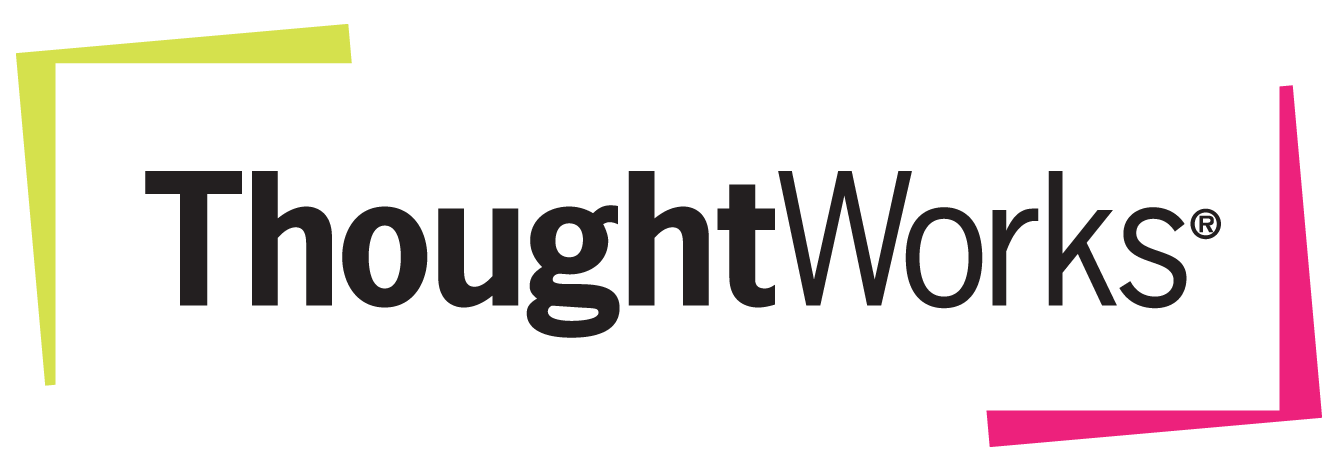



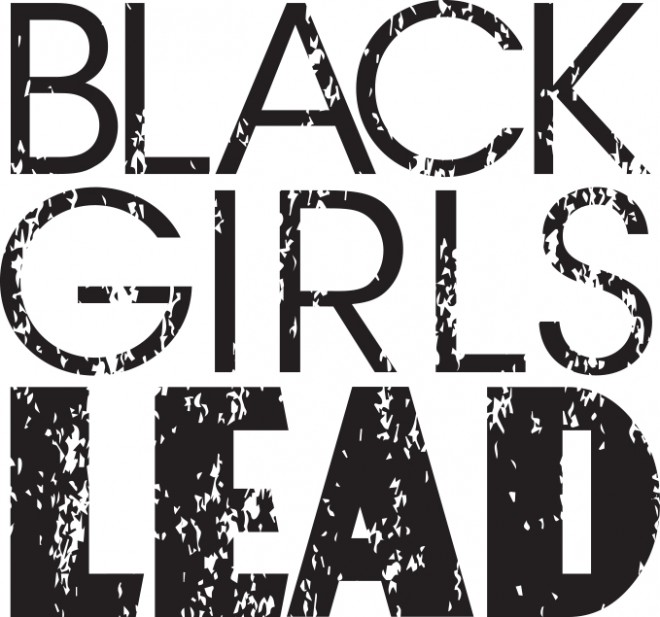








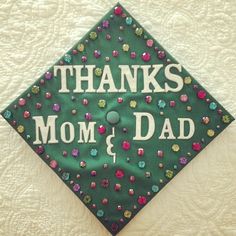
 #WhatSheNeeds continues with our first topic…Parental Support! For all of our interviewees, parents have been incredible supports during the college experience. But sometimes, things got a little sticky. Parents always wants what is best for their children, but sometimes this causes tension for college students. As summer is quickly passing, all you parents are getting ready to send your daughters off to college–some for the first time! We want you to know how to best support your daughters in their academic career! Here is some advice from our lovely college women…
#WhatSheNeeds continues with our first topic…Parental Support! For all of our interviewees, parents have been incredible supports during the college experience. But sometimes, things got a little sticky. Parents always wants what is best for their children, but sometimes this causes tension for college students. As summer is quickly passing, all you parents are getting ready to send your daughters off to college–some for the first time! We want you to know how to best support your daughters in their academic career! Here is some advice from our lovely college women…


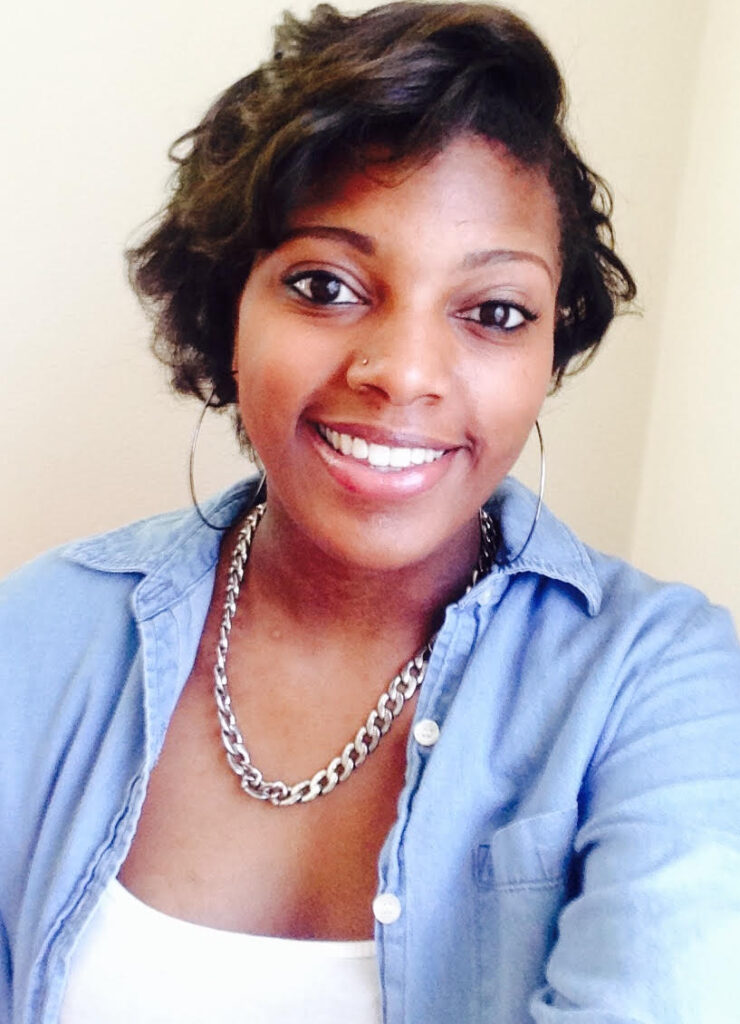








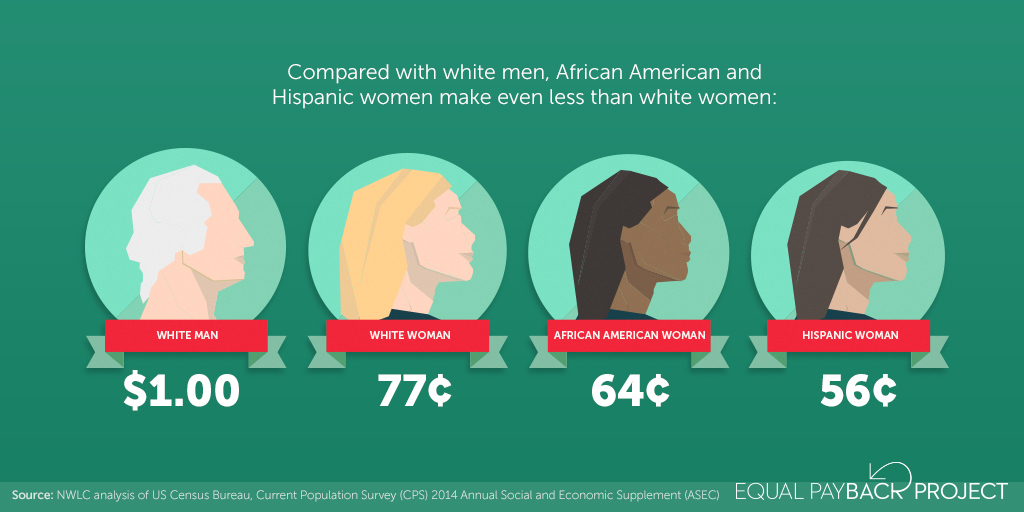



 of race, gender, and systemic oppressions. While her story has shed light on modern day racism, it is important that we look beyond Dolezal, beyond this media frenzy.
of race, gender, and systemic oppressions. While her story has shed light on modern day racism, it is important that we look beyond Dolezal, beyond this media frenzy.